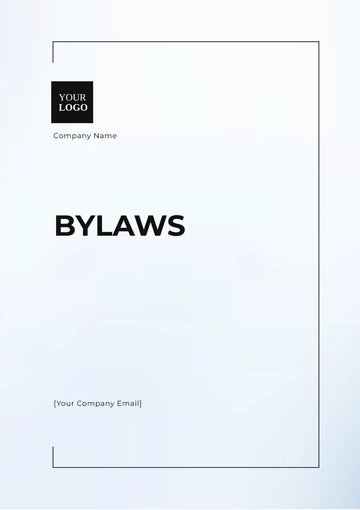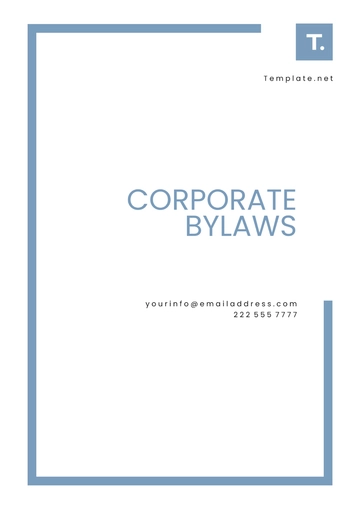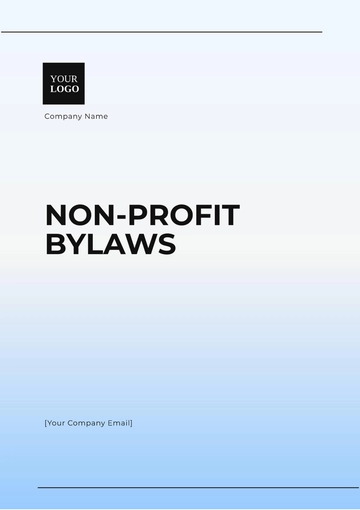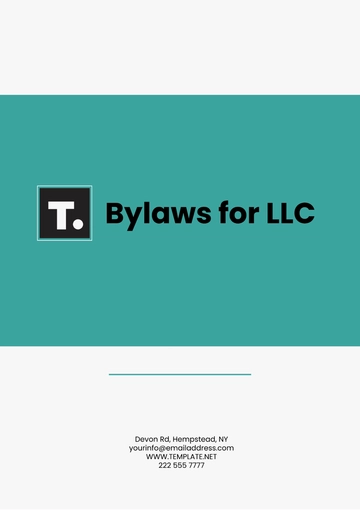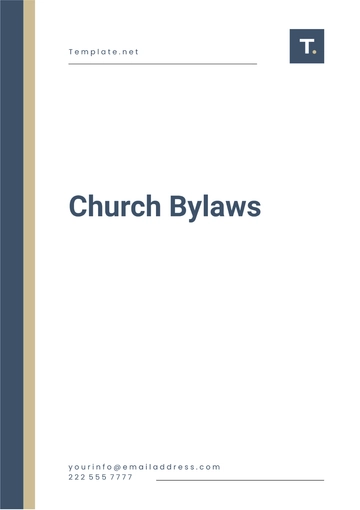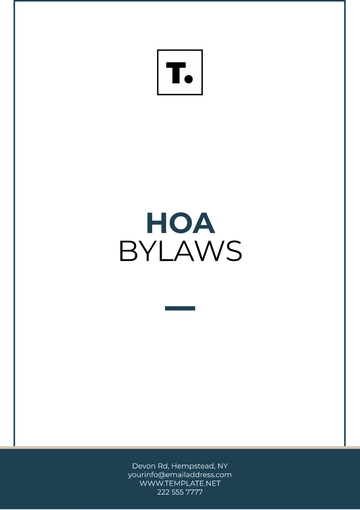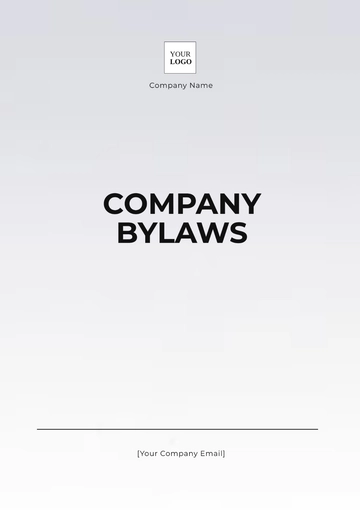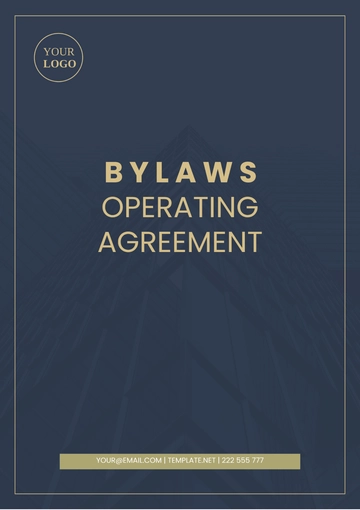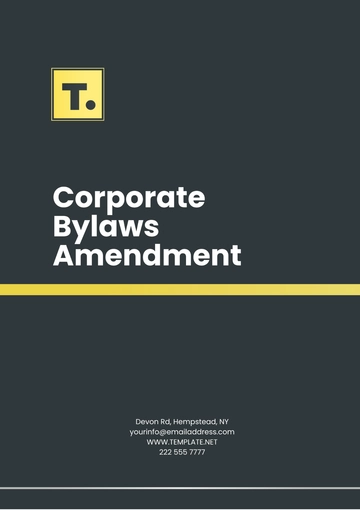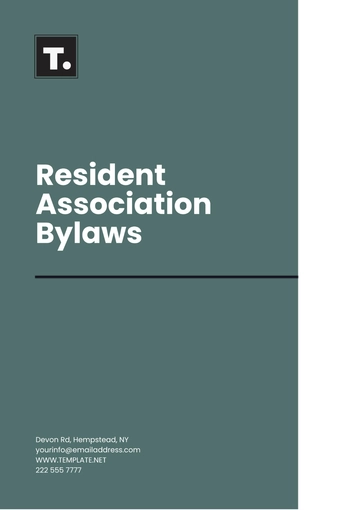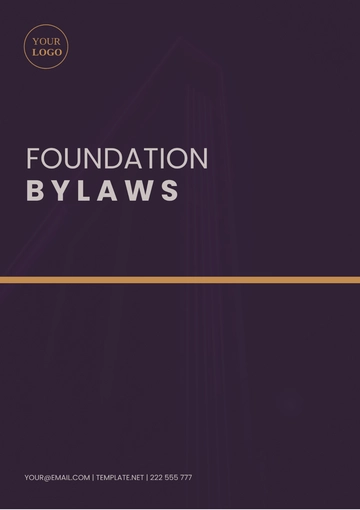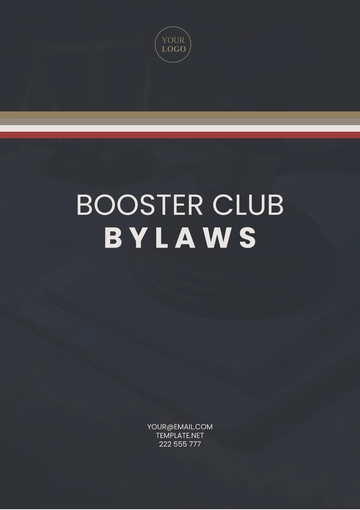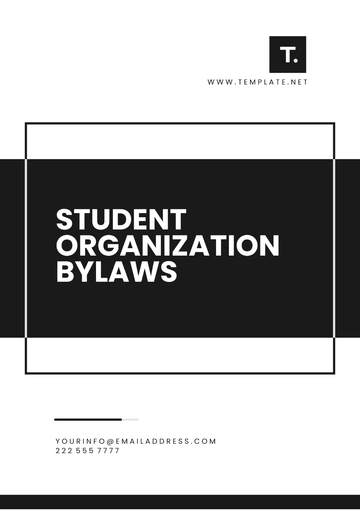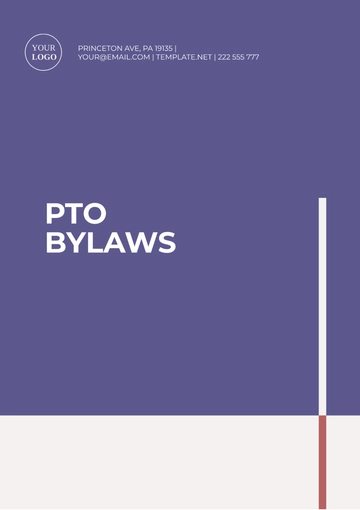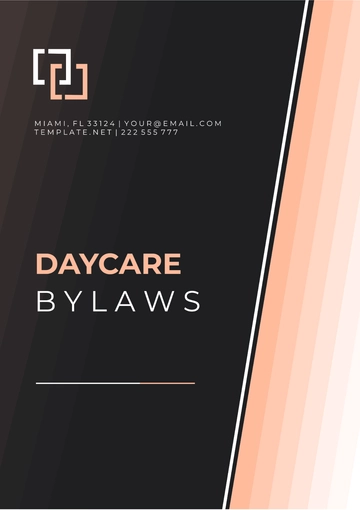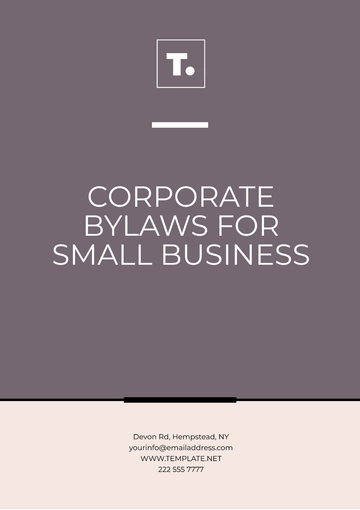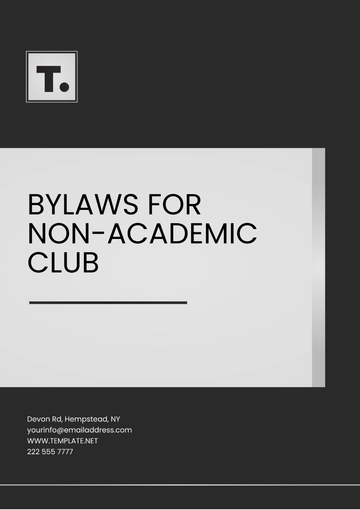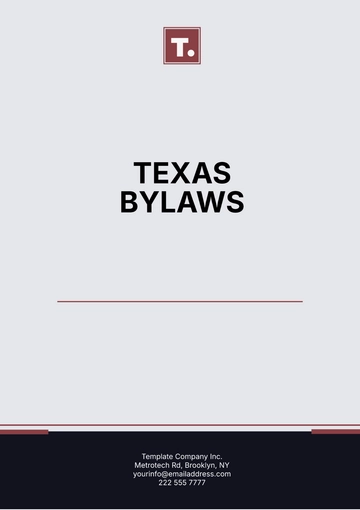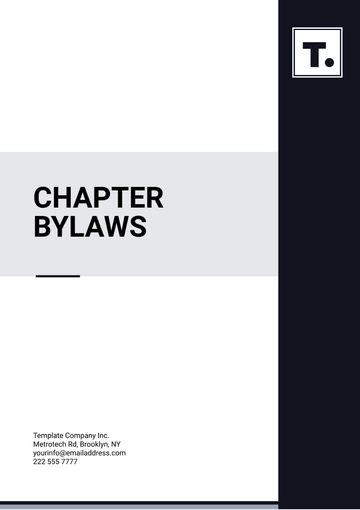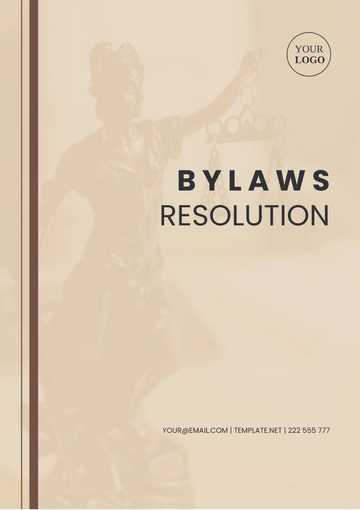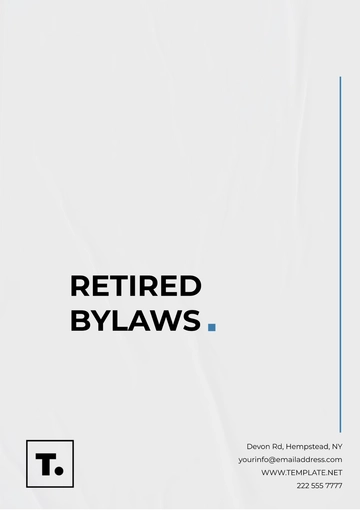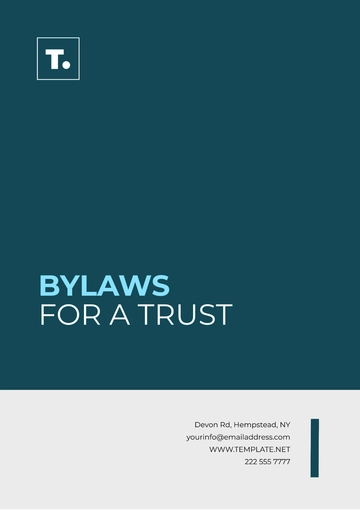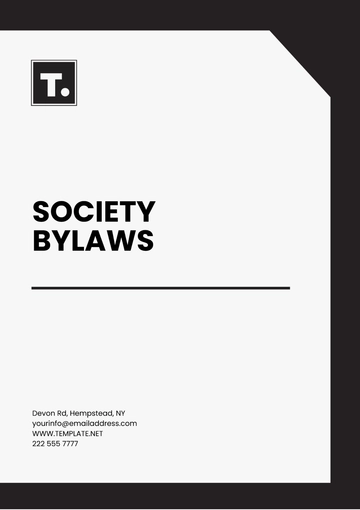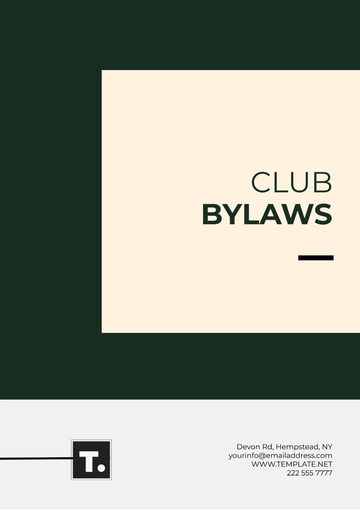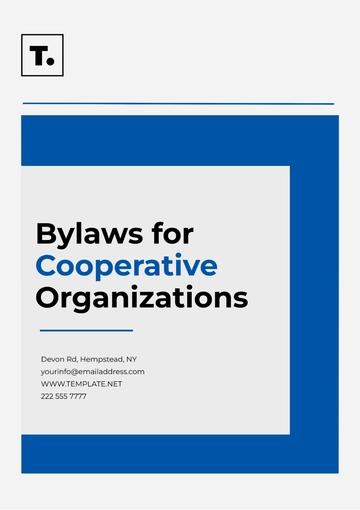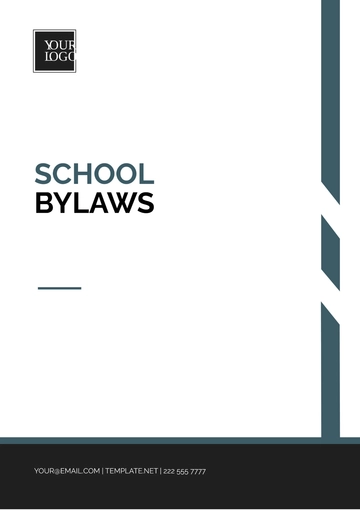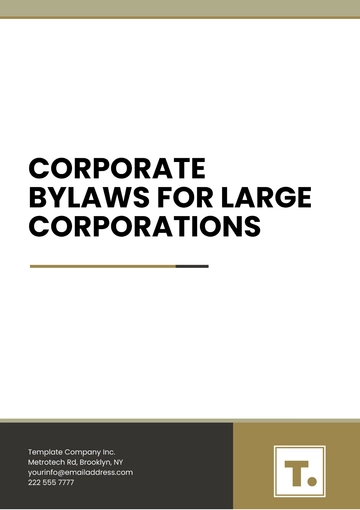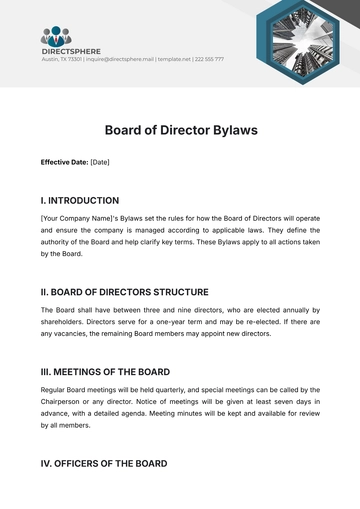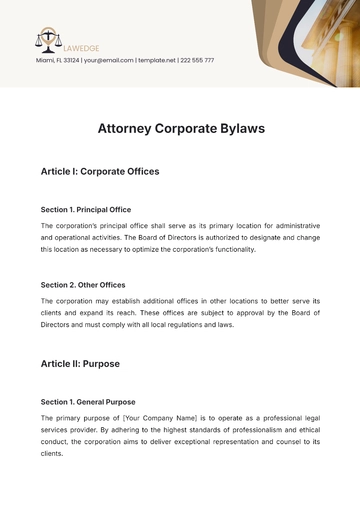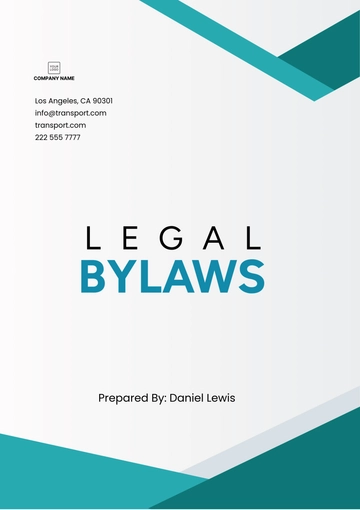Free City Of Windsor Bylaws
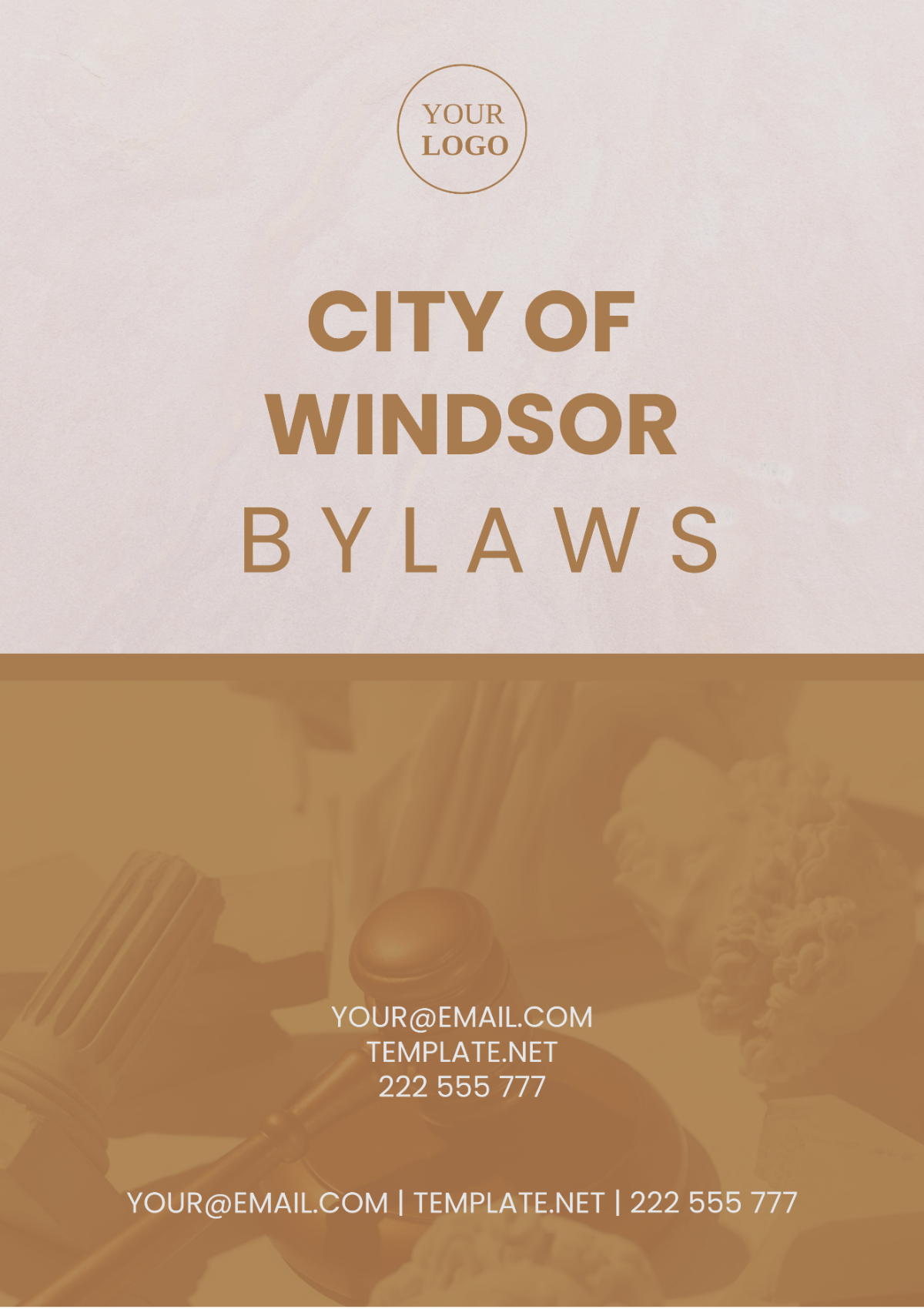
Article 1: Introduction
1.1 Purpose: The City of Windsor Land Use and Planning Bylaws aim to regulate and guide land use, zoning, and development activities within the municipal boundaries of Windsor. These bylaws are established to ensure orderly growth, promote public health and safety, protect the environment, and enhance the quality of life for residents.
1.2 Authority: These bylaws are enacted under the statutory powers vested in the City Council of Windsor under the Ontario Planning Act, R.S.O. 1990, c. P.13, as amended, and other relevant legislation.
Article 2: Zoning Regulations
2.1 Zoning Districts: The City of Windsor is divided into various zoning districts, each with specific regulations governing land use, building heights, setbacks, and other parameters. Zoning maps delineating these districts are available for public inspection at the City Planning Department.
2.2 Permitted Uses: Within each zoning district, certain land uses are permitted as of right, subject to compliance with applicable regulations. These permitted uses are outlined in the zoning bylaws and may include residential, commercial, industrial, institutional, and recreational activities.
2.3 Conditional Uses: Certain land uses may be allowed within a zoning district subject to obtaining a conditional use permit from the City Planning Department. Such permits may be granted based on criteria specified in the zoning bylaws, including compatibility with surrounding uses, provision of adequate parking and utilities, and mitigation of potential adverse impacts.
2.4 Development Standards: Zoning bylaws prescribe standards for building setbacks, lot coverage, building heights, parking requirements, and other aspects of development. These standards are designed to promote harmonious development, ensure adequate access and amenities, and protect the character of established neighborhoods.
Article 3: Site Plan Control
3.1 Applicability: Site plan control regulations apply to certain types of development, including new construction, additions, and alterations to existing buildings, as specified in the City's Official Plan and zoning bylaws. Projects subject to site plan control must undergo review and approval by the City Planning Department before the commencement of construction.
3.2 Site Plan Submission: Developers are required to submit detailed site plans, including architectural drawings, landscaping plans, engineering designs, and other relevant documentation, for review and approval by municipal authorities. These plans must demonstrate compliance with applicable zoning regulations, design guidelines, and environmental standards.
3.3 Public Consultation: The City may require developers to engage in public consultation processes, such as neighborhood meetings or public hearings, to solicit input from affected residents, community groups, and other stakeholders. Public feedback may be considered in the review and approval of site plans.
3.4 Conditions of Approval: Upon review of the site plan, the City may impose conditions of approval relating to design modifications, infrastructure improvements, environmental mitigation measures, or other requirements deemed necessary to ensure the compatibility and sustainability of the proposed development.
Article 4: Subdivision Regulations
4.1 Subdivision Approval: Subdivision of land within the City of Windsor is subject to approval by the City Planning Department by the requirements outlined in the Planning Act and municipal bylaws. Subdividers must submit detailed plans showing lot layout, street design, utility infrastructure, and other pertinent information for review and approval.
4.2 Design Standards: Subdivision plans must conform to established design standards and engineering specifications governing street widths, lot dimensions, utility easements, stormwater management, and other infrastructure requirements. These standards are intended to promote safe and efficient circulation, ensure adequate servicing, and protect natural resources.
4.3 Phasing and Servicing: Large-scale subdivisions may be subject to phased development requirements, whereby infrastructure and amenities are provided incrementally as development proceeds. Subdividers are responsible for financing and constructing required servicing, including roads, water supply, sewage disposal, and drainage facilities, by approved subdivision agreements.
4.4 Registration and Dedication: Upon approval of a subdivision plan, the subdivider must register the plan with the appropriate land registry office and dedicate any required road allowances, public reserves, or easements to the City of Windsor. These dedications ensure public access to infrastructure and facilitate ongoing maintenance and operation by municipal authorities.
Article 5: Enforcement and Penalties
5.1 Compliance: It is the responsibility of property owners, developers, and other stakeholders to comply with the provisions of the City of Windsor Land Use and Planning Bylaws. Failure to comply with these bylaws may result in enforcement action by municipal authorities, including fines, work stoppages, or other remedies as provided for under applicable legislation.
5.2 Enforcement Officers: Authorized representatives of the City, including planning officials, building inspectors, and bylaw enforcement officers, are empowered to enforce the provisions of these bylaws. Enforcement may involve inspections, issuance of orders or notices, and prosecution of offenses through the appropriate legal channels.
5.3 Penalties: Violations of the City of Windsor Land Use and Planning Bylaws may be subject to fines, penalties, or other enforcement measures as prescribed in the Provincial Offenses Act, R.S.O. 1990, c. P.33, and related regulations. Penalties for non-compliance may vary depending on the nature and severity of the offense, with repeat offenders facing escalating sanctions.
Article 6: Amendments and Repeal
6.1 Amendment Process: These bylaws may be amended from time to time by resolution of the City Council following public notice and consultation processes as required by law. Proposed amendments may address changes in land use patterns, evolving community needs, or updates to provincial planning policies and legislation.
6.2 Repeal of Previous Bylaws: These bylaws supersede and replace any previous land use and planning bylaws enacted by the City of Windsor to the extent of any inconsistency. All prior bylaws, resolutions, or parts thereof that are inconsistent with the provisions of these bylaws are hereby repealed.
Article 7: Effective Date
This particular Bylaw will officially become valid and start to have its intended influence starting from the date when it is approved and passed by the City Council.
Article 8: Interpretation
In the interpretation of this Bylaw, words in the singular shall include the plural and vice versa, words denoting any gender shall include all genders, and words importing persons shall include corporations.
Article 9: Severability
If any section, subsection, clause, or provision of this Bylaw is found to be invalid, illegal, or unenforceable, such invalidity, illegality, or unenforceability shall not affect the validity, legality, or enforceability of any other part of this Bylaw.
The Bylaw that is currently being referred to can be formally acknowledged and referred to as the "City of Windsor Land Use and Planning Bylaws."
- 100% Customizable, free editor
- Access 1 Million+ Templates, photo’s & graphics
- Download or share as a template
- Click and replace photos, graphics, text, backgrounds
- Resize, crop, AI write & more
- Access advanced editor
City of Windsor Bylaws are regulations and rules established by the municipal government of Windsor, Ontario, Canada. These bylaws govern various aspects of municipal affairs within the city limits, including land use, public safety, health, community standards, and business operations.
